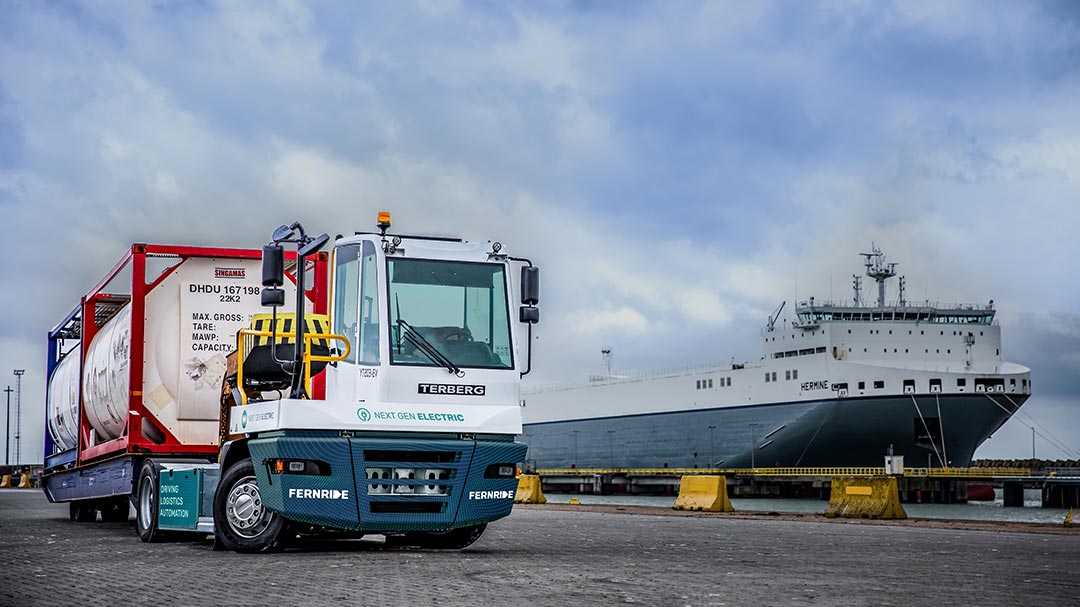Logistics in the parcel sector (“CEP sector”) has set extremely high standards for the transport industry in recent years. Nevertheless, up to now there has hardly been an opportunity to book transport services directly online for larger consignments of one Euro pallet or more. This is only now being added as a new sales channel, and we see that many forwarding companies are looking for ways to use it. In addition to the large forwarding companies, which often develop their own portals with a large expenditure of resources, there are also newly founded pure online forwarding companies that are starting out with their own digital approaches. In the end, however, the core business is still about handling the transport. We have developed a solution that enables logistics service providers to become online forwarders themselves and to book digitally, and also to network more closely with each other. We are concentrating on digital processes for logistics, while our freight forwarding customers can continue to focus on their core business, transport handling. Together, we are able to address a clientele with a strong online and digital affinity, but we also see that, after initial hesitation, the topic is increasingly becoming the focus of the wider shipping community.










